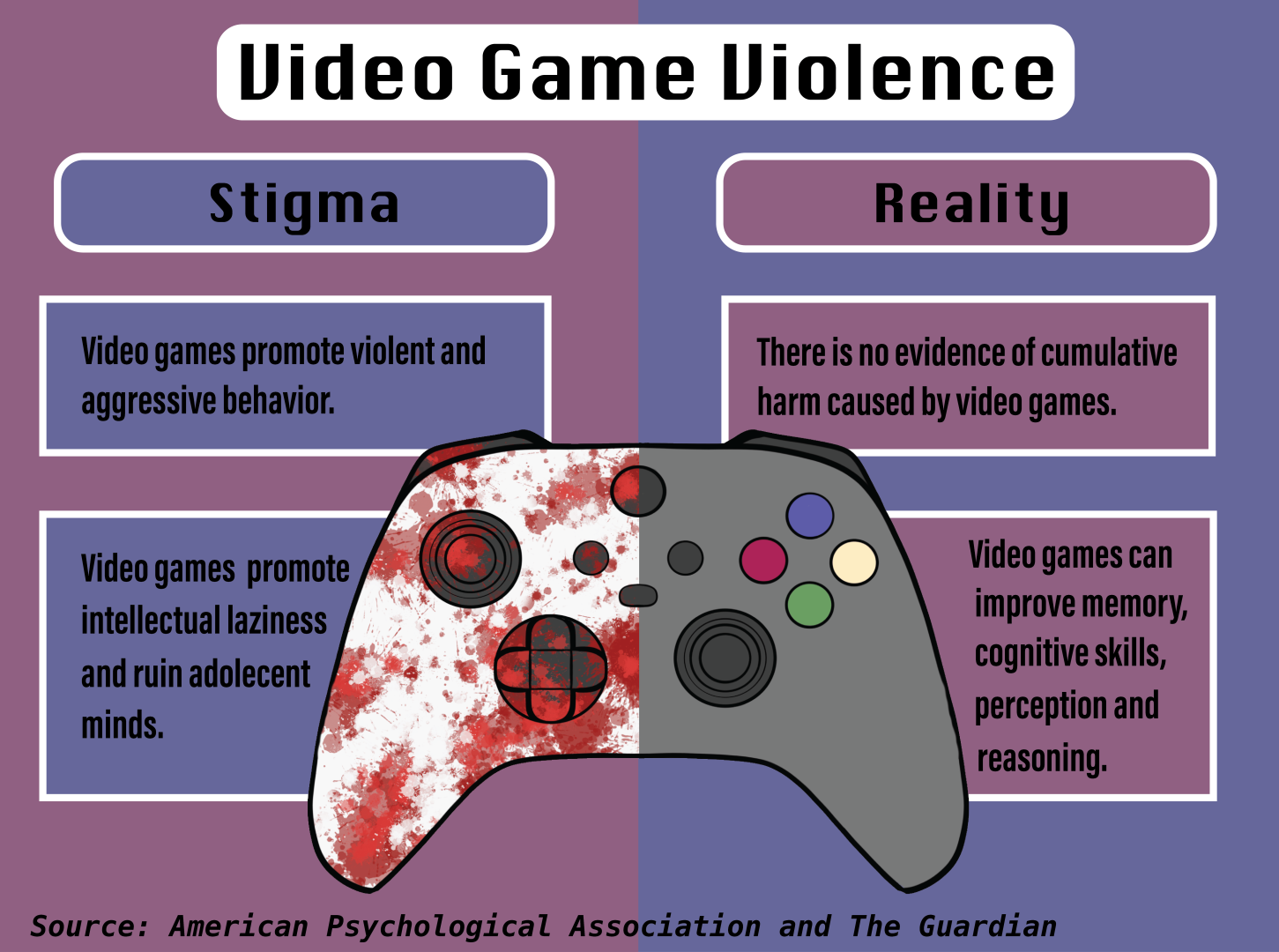Shop At Haya: Your Ultimate Shopping Guide
Discover the best shopping tips, trends, and deals for a smarter buying experience.
Leveling Up Your Real-Life Skills Through Video Games
Unlock real-life skills while gaming! Discover how video games can elevate your abilities and boost your everyday life.
How Video Games Enhance Problem-Solving Skills in Real Life
Video games are often viewed as mere entertainment, but they can play a significant role in enhancing problem-solving skills in real life. Many games require players to navigate complex scenarios, make quick decisions, and devise strategies to overcome obstacles. For instance, puzzle games like Portal or Tetris challenge players to think critically and plan ahead, fostering cognitive flexibility and analytical thinking. Additionally, open-world games such as The Legend of Zelda series encourage exploration and creative problem-solving as players encounter various challenges that necessitate innovative solutions.
Furthermore, multiplayer and cooperative games support the development of teamwork and communication skills, essential components of effective problem-solving. When players must collaborate to achieve a common goal, such as in games like Overcooked or Fortnite, they learn to share ideas, delegate tasks, and adapt to changing circumstances. This social aspect enhances their ability to solve problems in group settings, making them more adept at navigating real-world challenges where collaboration is key. Overall, the immersive nature of video games can significantly sharpen one's problem-solving skills and prepare individuals for various life situations.

The Benefits of Strategy Games: Improving Critical Thinking and Decision-Making
Strategy games have long been prized not only for their entertainment value but also for improving critical thinking skills. These games often require players to assess multiple variables and consequences before making decisions. For instance, when engaged in a tactical board game, players must evaluate their opponent's moves while considering their own strategies. This kind of gameplay fosters a mindset where players learn to analyze situations deeply and anticipate potential outcomes, honing their ability to think critically under pressure.
Furthermore, strategy games serve as an excellent venue for enhancing decision-making abilities. By presenting players with various scenarios that necessitate swift and effective choices, these games cultivate an environment where players develop confidence in their judgment. For example, in real-time strategy games, players must allocate resources efficiently and strategize against opponents, ultimately leading to improved problem-solving skills. The process of weighing risks and rewards in these fast-paced environments translates directly into better decision-making in everyday life.
Can Playing Video Games Boost Your Time Management and Organization Skills?
Playing video games is often viewed as a recreational activity, but it can also serve as a valuable tool for enhancing time management and organization skills. Many games, especially those that require strategizing and resource allocation, encourage players to prioritize tasks and plan their actions effectively. For instance, in role-playing games (RPGs) or real-time strategy (RTS) games, players must frequently decide how to allocate their in-game resources while managing time constraints to achieve their goals. This balancing act mirrors real-life situations where effective organization is crucial for completing tasks efficiently.
Moreover, video games can improve a player's ability to set and track goals. Many games feature a progression system where players must complete a series of challenges to advance. By constantly monitoring their progress and adjusting their strategies, players develop a heightened sense of awareness regarding their priorities. This experience translates well into real-world applications, encouraging individuals to break larger tasks into manageable objectives and allocate their time wisely, thus boosting overall productivity.